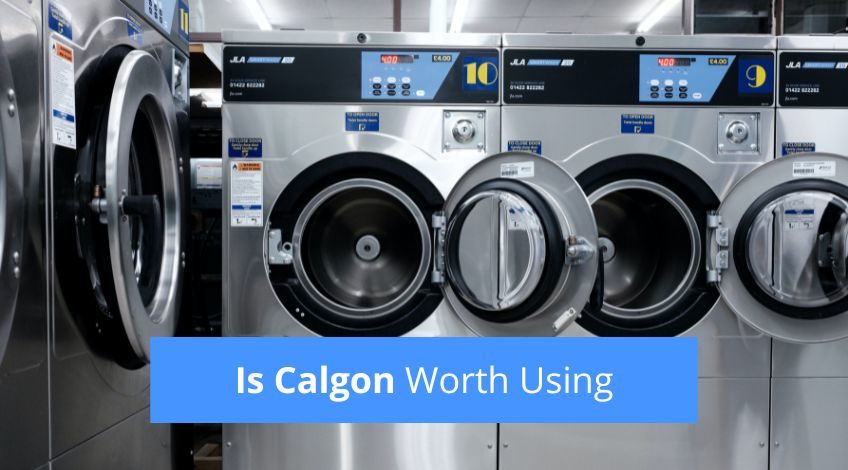 Last Updated: May 2025
Last Updated: May 2025 Is Calgon Worth Using? (the real answer)
We’ve all seen the commercial and heard the catchy little jingle about Calgon, but do washing machines really live longer with Calgon? We’ve looked into it and some of our findings might just surprise you.
Does Limescale Cause Problems In Washing Machines?
The buildup of limescale is a problem that millions of people have to deal with. It is estimated that around 60% of the UK has hard or very hard water. That means that potentially ⅔ of the people of the British Isles are using hard water. It’s even worse in the USA where it’s estimated 85% of the country has hard water.
What Does Limescale Do To Washing Machines?
Limescale can rot rubber seals, hoses, and of course we’ve all seen the images of the heating element covered in limescale. If the heating element is coated in limescale it will not heat the water as efficiently as it should which would result in a cooler than anticipated wash cycle and higher running costs. However, these problems take quite a long time to materialise.
Using any type of water softener in soft water areas will not be good for your washing. Not only does it waste money, it also can cause poor wash results and a buildup of soap suds and in some cases prevent the detergent dissolving properly.
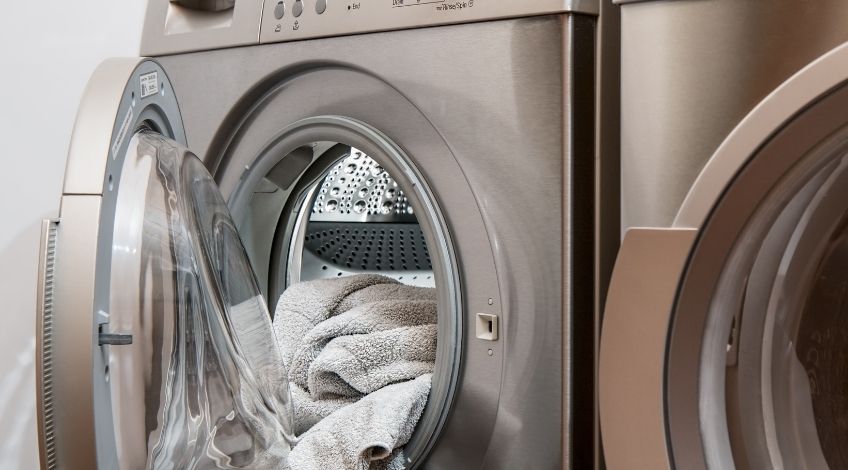
Does Not Using Calgon Shorten The Life Of Your Washing Machine?
The people at Which? Magazine [1] submitted a complaint to the Advertising Standards Authority asking them to look into claims made in the TV advertisements for Calgon because Which? Magazine’s own tests showed that washing machines never got mass buildups of limescale or break downs when Calgon wasn’t used.
They asked an independent expert with 17 years experience in the repair of washing machines to inspect washing machines tested without the use of Calgon. He concluded that while the washing machines did suffer from a buildup of limescale, it wasn’t enough to cause the machine to break down or affect its performance over a 3 year period.
He also estimated that it would take between 6 to 8 years in hard water areas for calcium to build up enough to cause any damage to a washing machine. Which he said would have meant the consumer would have spent more on Calgon than they would have had to spend to have him repair it.
So the truth is, using Calgon will prolong the life of a washing machine (in most cases), though it’s not likely to be the cheapest way to keep your family in clean clothes.
Cheap Calgon Alternatives
It turns out most washing detergents contain water softeners, so using the right amount should reduce limescale buildup in our washing machines. Also many washing machines are designed to run at lower temperatures which will reduce any buildup of limescale as well.
Proprietary Brands
If you are still concerned about hard water damaging your washing machine, and you want to use something to try to remove the calcium from your water. There are a number of products that work out far cheaper than Calgon. Each Calgon tablet costs around 33p here in the UK whilst supermarket own brands cost around 9p (depending where you buy them).
If you prefer to use a “one off” cleaner as opposed to using something in every wash, there are dedicated washing machine cleaners available. These are designed to remove bacteria, nasty smells, dissolve dirt and grime, and remove limescale buildup as well. These can be used during your monthly service cycle wash which is recommended by washing machine manufacturers.
Natural Products
If you prefer, there are some natural products that will also help to clean your washing machine and also help to keep calcium away.
Soda Crystals
Soda crystals are a natural substance that everyone should have in their store cupboard. They can be used in every wash as well as part of the monthly service wash. Adding soda crystals to every wash will help to soften the water and cut down on the buildup of calcium.
The amount you should add depends on the hardness of the water in your area. Below is a rough guide on how much you’ll need;
- Medium Hard Water
In areas with medium hard water you should add 25g in each cycle. - Hard Water
In hard water areas you should add 50g per cycle. - Very Hard Water
In areas with very hard water you should use 75g per cycle.
Soda crystals not only help to make your water softer, they will also help to disintegrate detergent, grime, bacteria and calcium deposits that have already formed in your washing machine.
If you decide to use soda crystals during your monthly service wash, it is recommended that you use 500g of soda crystals in each cycle. You might notice that after the first cycle, the machine smells or you might see black particles in the drum. Don’t panic, all this means is you have broken through a cluster of grime and bacteria. Just run a second cycle with 500g of soda crystals to flush and rinse this through.
White Vinegar
Distilled white vinegar works incredibly well in washing machines. If added to the wash cycle, white vinegar will soften clothing and help to remove foul smelling odours. It can also help to remove calcium deposits from inside the washing machine.
The acidic nature of white vinegar means it will help to dissolve any limescale deposits from your washing machine. Just add a large cup full and run on a hot wash cycle as part of your monthly service wash. This should help to descale the drum and hoses.
If the door seal or other areas begin turning black, just spray a mixture of equal parts white vinegar and fresh lemon juice. Allow the liquid to sit for around 30 minutes and then rinse with a soft cloth to remove all of that unsightly black mould.
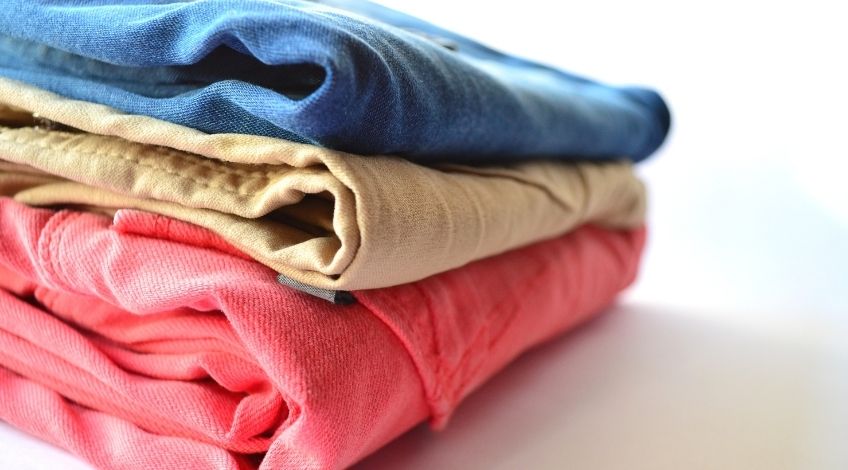
Will Products Like Calgon Lengthen The Life Of Your Washing Machine?
Products like Calgon have been shown to lengthen the life of your washing machine. However, as long as you use the correct amount of detergent they’re not as necessary as once considered.
Calgon will also protect your washing machine if you don’t use enough detergent and it will soften the water which could allow you to use less detergent and less fabric conditioner too.
Frequently Asked Questions
Calgon does help to prevent limescale from building up in your washing machine. However, modern detergents have water softeners included in their mix so adding products like calgon is unnecessary in most cases.
Instead of using Calgon you could use soda crystals or white vinegar in every wash.
In the UK it is recommended that you clean your washing machine every month. This means running a hot wash every month to help remove bacteria and grime.
If you add epsom salts to your wash you will effectively be making the water harder, not softer. Hard water causes detergents to be less effective, makes the clothes feel rough and fades colours.
The only time you should run your washing machine empty is during your monthly service wash. Run at high temperatures, this will help to remove any bacteria or soap scum from your machine.
Also, follow us on Pinterest ...


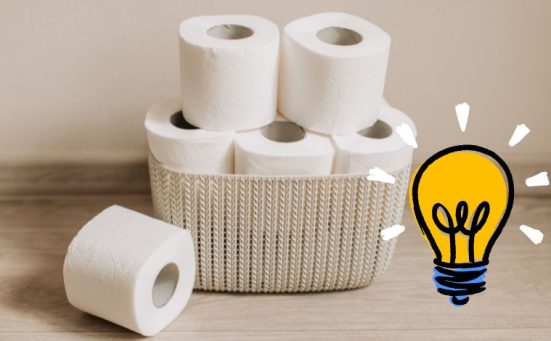
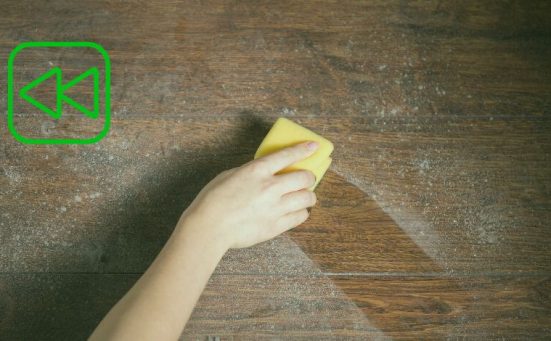
Good unbiased report. I always thought it was over hyped…think I will stick to soda crystals